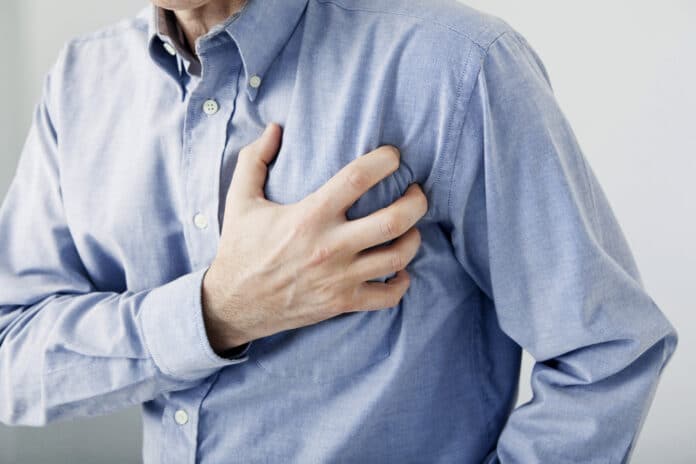
Over 700,000 Americans will experience a heart attack each year. Heart attacks are common, but not innocent. Heart attacks can be fatal in many. A heart attack occurs when the flow of blood to the heart is significantly reduced or blocked entirely.
What causes this lack of flow is usually a blockage. These blockages are usually caused by a build-up of fatty substances or cholesterol in the arteries. These blockages make it hard, or in some cases near impossible, for blood to properly flow to the heart.
Unfortunately, the symptoms of a heart attack can often be ignored or misdiagnosed. Given how common heart attacks are, it’s important to know the warning signs so you can get help if you need it.
Symptoms of a Heart Attack
The symptoms of a heart attack can be hard to identify because they vary widely from person to person. Some people might have clear symptoms, while others might have none at all. Most people experience at least a few symptoms leading up to an attack, though.
Common warning signs of a heart attack include:
- Chest pain and pressure that may feel like squeezing, burning, tightness, and pain in the chest region
- Pain or discomfort in the chest that spreads to the shoulder, neck, arm, jaw, teeth, or in some cases the upper stomach
- Cold sweats
- Fatigue
- Heartburn or indigestion
- Sudden dizziness
- Nausea
- Shortness of breath
Women are more likely to have atypical symptoms. Symptoms of a heart attack in women can be as simple as one sudden sharp pain in the chest, neck, or arms. Women are also more likely to experience back or belly pain with an oncoming heart attack.
Many heart attacks happen suddenly. However, this could be because some people ignore the subtle warning signs of a heart attack for days or weeks before it occurs. Listening to your body and getting seen by a doctor after your first symptom can prevent a deadly heart attack from occurring.
What To Do If You Think You’re Having a Heart Attack
If you’re experiencing several symptoms of a heart attack or your symptoms are increasing in severity rapidly, you need to get help.
If you believe you or someone that you’re with is having a heart attack, you should:
- Call 911 immediately.
- Take nitroglycerin (if it has been prescribed to you) while you wait for emergency personnel.
- Take aspirin while you wait for emergency personnel. This OTC pain reliever can help thin the blood to make it easier for the blood to pass through clogged arteries.
Conclusion
Heart attacks are serious and deadly. Heart attacks are a common cause of death in the United States each year. However, knowing the signs of a heart attack, and seeking care before you have a cardiac event can mitigate risks and keep you safe.



















